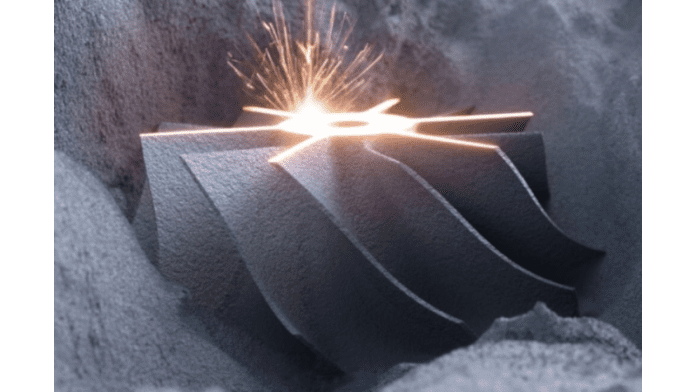Researchers at University of Toronto Engineering are leveraging machine learning to improve additive manufacturing, also commonly known as 3D printing.
The team introduces a new framework they’ve dubbed the Accurate Inverse process optimization framework in laser Directed Energy Deposition (AIDED).
The new AIDED framework optimizes laser 3D printing to enhance the accuracy and robustness of the finished product. This advancement aims to produce higher quality metal parts for industries, such as aerospace, automotive, nuclear and health care, by predicting how the metal will melt and solidify to find optimal printing conditions.
AIDED operates in a closed-loop system where a genetic algorithm — a method that mimics natural selection to find optimal solutions — first suggests process parameters combinations, which machine learning models then evaluate for printing quality.
The genetic algorithm checks these predictions for optimality, repeating the process until the best parameters are found.
The researchers hope AIDED will transform process optimization in industries that use metal 3D printing.


